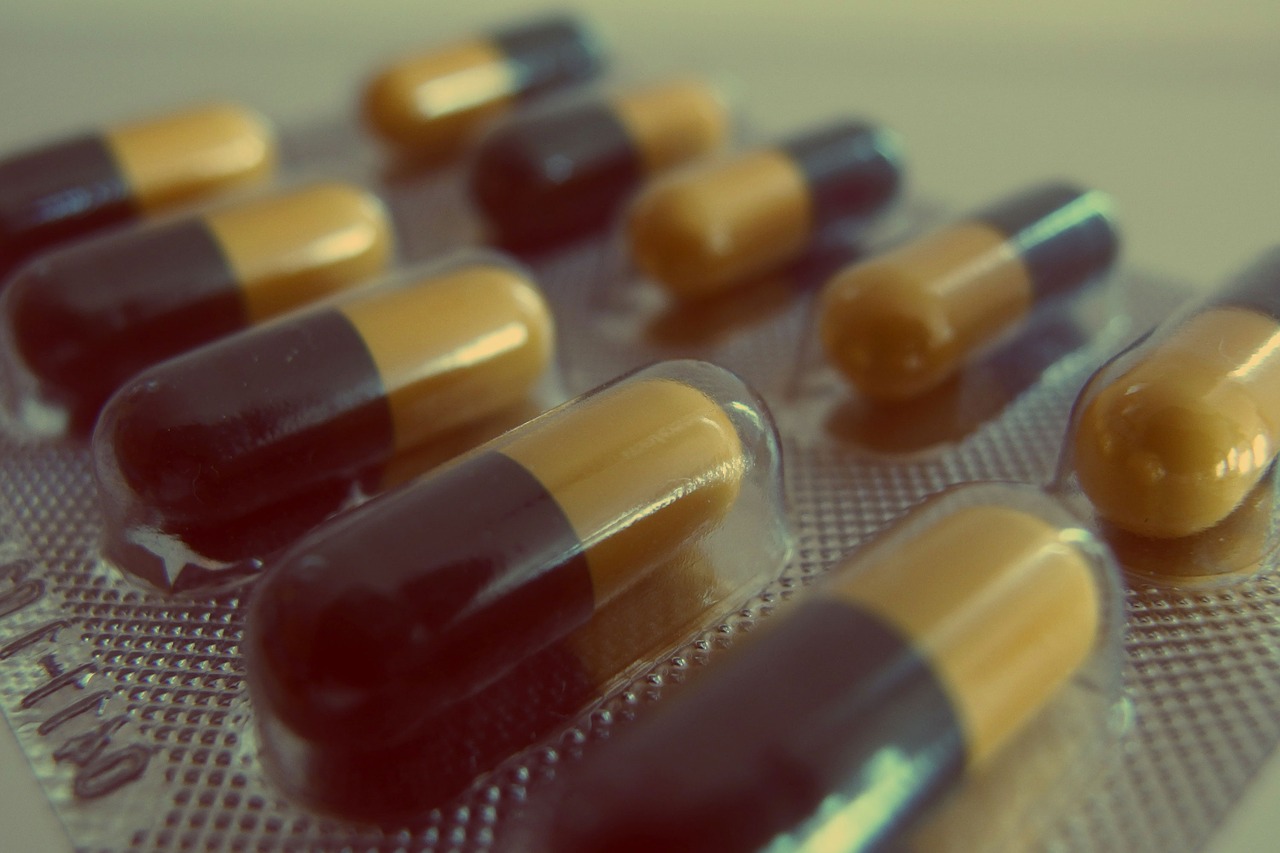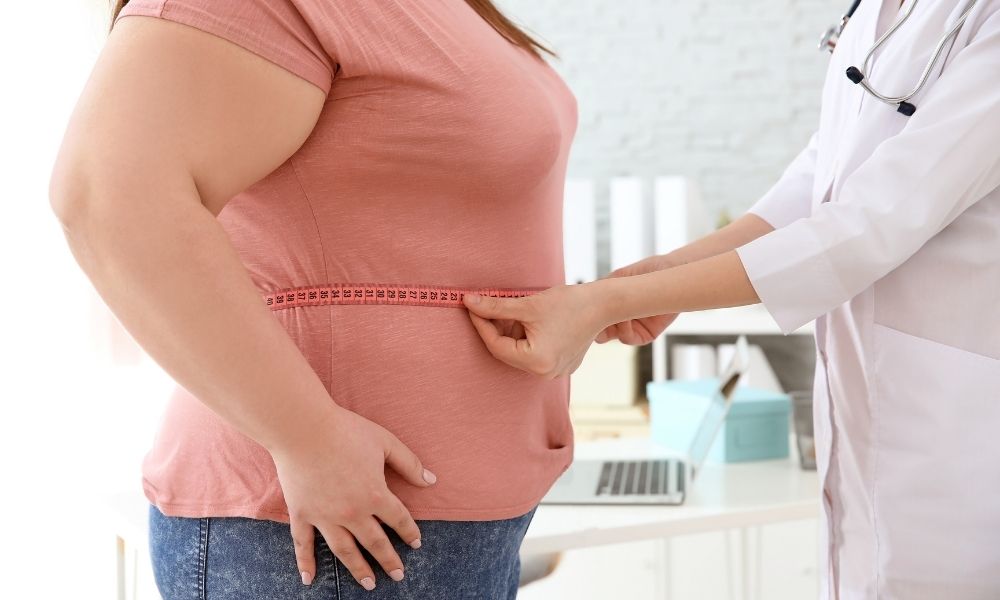Frequently Asked Questions
Solve your questions with the inquiries that previous patients have already asked us.
You should continue taking the same medication as before your surgery, although sometimes adjustments to the doses or the form of administration are needed as you **lose weight.** > Over time, you may no longer need certain medications as obesity-related diseases (such as diabetes, hypertension, etc.) disappear. Generally, vitamin and mineral complexes (iron) are prescribed for **12-18 months** and can be discontinued if a varied diet is followed. In other cases, gastric protectors, fiber, mild laxatives, etc., may be required.

With simple techniques, there is a 30% loss of the initial weight (30-40 Kg), with complex ones a 40-50% (50-60 Kg), although not everyone loses the same amount. In general, men and younger patients lose more weight.
Maximum weight loss occurs within the first 18 months after surgery, and sometimes there is a slight weight regain (5-8 Kg) by the second year.
It is important to remember that the success of the surgery largely depends on the proper following of dietary guidelines and on engaging in physical exercise. It is imperative to change lifestyle habits.
If all this is adhered to, the surgery will have been a success, and not just in terms of weight loss, but (more importantly) it will eliminate a large part of the diseases that were caused by obesity. It will also improve mobility, endurance, self-esteem, mood, interpersonal relationships, work capacity, and couple relationships (if they were good before), etc.
As the stomach capacity is greatly reduced, one must get used to eating very small portions frequently. It will take several months to adapt to this new way of eating.
At the beginning, only liquids will be consumed (4-6 weeks), followed by ground or pureed foods, and finally solids. After 6 months, almost all types of food can be consumed.
It is important to remember that food tolerance and the adaptation period can vary greatly. The most challenging foods to consume are often meat, bread, rice, and vegetables with fiber. In any case, calorie intake must be restricted to continue losing weight.
Thanks to the procedure, it will be easy to lose weight without much hunger, and this loss can be maintained for a long time. However, it should not be forgotten that if one indulges in high-calorie foods (pastries, chocolate, etc.), it will be difficult to lose all the desired weight.
You may gradually resume your activities. Starting at 3 weeks post-surgery, you can drive.
During the first few weeks, you should avoid exerting yourself or lifting heavy objects. By 6 weeks, the wound will have healed, and you will be able to engage in normal physical activity (including returning to work..).
It is necessary to start a regular exercise program at 4-6 weeks, which will help with weight loss. You can begin by walking or by practicing swimming or cycling. It’s best to start slowly, initially about 30 minutes a day.
It occurs in some patients and may be due to insufficient intake of proteins or vitamins, and in other cases, it is due to the weight loss itself. The loss is temporary and is recovered over time.
Approximately 4 days
Flaps are a consequence of fat loss; it is not always necessary to treat them, but if needed, they will be addressed by plastic surgery no sooner than one year after the intervention. It may be necessary to remove flaps on the abdomen, breasts, thighs, or arms.
It will be carried out in consultation by both the surgeon and the endocrinologist-nutritionist.
In the first year, follow-ups will be conducted at ten days after the procedure, and at 3, 6, and
12 months.
After the first year, an annual check-up will be performed. During these check-ups, the
prescribed medication (vitamins, minerals) will be adjusted, and a complete set of laboratory tests will be requested, as well as radiological controls if necessary.
It happens sometimes, but it is something that we can control. We need to check the diet and avoid eating too quickly, avoid very dry food, chew properly, eat slowly, not drink liquids during meals, and grind the foods that are less tolerated in the months following the surgery (meats, etc.).
Immediately. Within 24 hours of surgery, ambulation will begin and upon discharge, you can take short walks, gradually increasing the time until you reach 1 hour of walking per day. Do not forget that diet and exercise are the keys to success following the procedure.
After the first 6-8 weeks, the main difference will be the size of the intake; you won’t be able to eat large portions, but rather small amounts that will satisfy you quickly, and you will need to spread out the meals over 5-6 times a day.
Because they provide many calories and little nutritional value. Your stomach has a limited capacity, and every calorie you consume must supply the nutrients you need.
Fats and sugars are also less tolerated and can cause symptoms like nausea, vomiting, or diarrhea.
A radical change in the erroneous eating habits that led to obesity is essential. The diet should be high in protein, and we should also consume liquids to maintain proper hydration.
They are a series of symptoms that can occur after gastric bypass surgery and happen
when we consume foods high in carbohydrates (sugars) that pass very quickly from the small stomach to the intestine, causing nausea, dizziness, diarrhea.
It does not happen frequently and in the event that it does occur, it can be treated through dietary modification or medication.
In some cases, weight loss is recommended through a low-calorie diet in the two weeks prior to the procedure in order to reduce abdominal fat and decrease the size of the liver, thereby facilitating the surgery.
You should increase your intake of fiber and fluids, and if that is not enough, you may resort to a mild laxative.
Some patients exhibit these symptoms due to lactose intolerance (contained in milk) and it can be avoided by consuming lactose-free products.
Dr. Hernández Pérez answers other questions in the following videos


